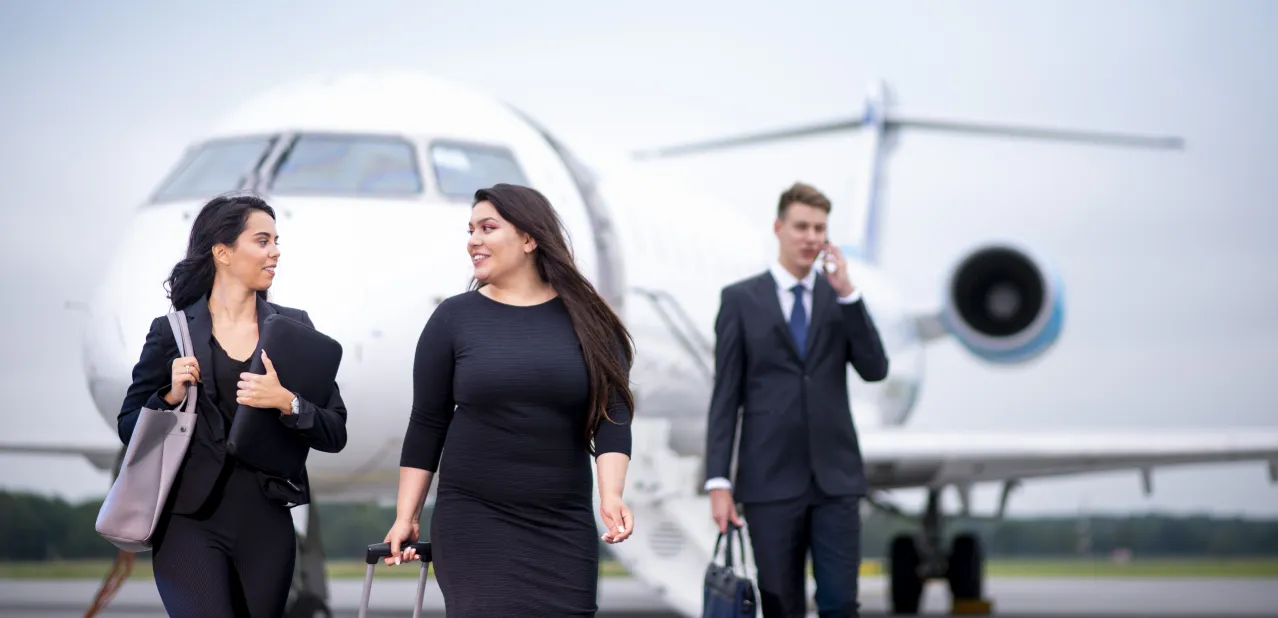
CELTH is a collaborative venture between Breda University of Applied Sciences, NHL Stenden Hogeschool, HZ University of Applied Sciences and the knowledge centres European Tourism Futures Institute (ETFI) and Kenniscentrum Kusttoerisme (KCKT). Experts of all organizations have contributed to this exploratory study.
How to recover from the crisis?
Tourism destinations and the hospitality sector – the sector of leisure, tourism and hospitality – are hit hard by the COVID-19 crisis on a global scale. The Government tries to lend a helping hand to the hospitality sector by offering a range of financial measures in this first period. However, what is lacking in the discussion is a perspective for the longer term. Will international tourism recover after life goes back to ‘normal’ again? Or is the crisis becoming a real game changer? Menno Stokman, CELTH director: “With the aid of these scenarios, we want to seek creative, innovative and sustainable renewal together with the parties concerned. What does the crisis mean for actions taken by consumers? What is asked from businesses and their financiers, and from authorities? And from DMOs and knowledge institutions?
Explorative scenarios offer a long-term perspective
Within CELTH, EFTI of NHL Stenden specializes in scenario planning in the hospitality sector. Scenario is a frequently used term in this time of crisis. We make use of explorative scenarios sketching a long-term perspective. In such scenarios, a plausible image is given of the situation the sector might face. As a basis for a dialogue between entrepreneurs, financiers, authorities, DMSs and knowledge partners. And for strategic choices which tourism destinations and the tourism sector develop more future-proof arrangements with.
The visitor economy in 2025
We think the situation of the visitor economy in 2025 will mostly be determined by the length and depth of the crisis and the question whether we will become a society in which individualism will prevail or collective interest will be more important; in other words, the moral dilemma of citizens/consumers. The combination of the two has resulted in the following four future scenarios.
Scenario 1: Business as usual – continued growth of visitor economy
Scenario 2: Survival of the fittest – collapsed visitor economy
Scenario 3: Business as unusual – visitor economy in transition
Scenario 4: Responsible tourism – transformed visitor economy
When we realise that the future may have elements in store from each of these scenarios, they can serve as an inspiration together. Albert Postma, professor of scenario planning: “Parties can use the scenarios, for example to hold current policy and incentives up to the light. And as a source of inspiration to reinvent, as it were, businesses, the sector or destinations creatively and innovatively. It may concern a new concept, a new revenue model, new products or services, new incentives, or other strategic choices that fit the requirements set by the new situation.”
“CELTH would like to facilitate the process to further develop the scenarios together with the players in the hospitality sector and give all parties a helping hand to tackle the challenges that this crisis brings.”



